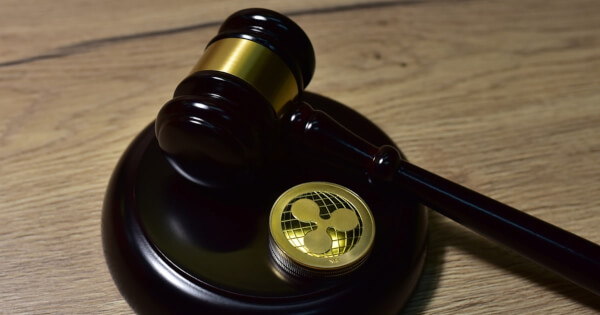John G. Roberts Jr. The Chief Justice recently commented on the rapidly evolving artificial intelligence (AI) landscape in the legal profession. In his year-end report, Roberts touched on the history of Supreme Court technology and the potential future of technology intertwined with AI. This discussion comes at a critical time when AI is becoming an increasingly essential part of many professional fields, including law.
The potential and pitfalls of AI in the legal field
While Roberts acknowledged AI’s promising capabilities in legal research and its potential to make courts more accessible to those with limited resources, he expressed concerns. He warned of risks associated with AI, including invasion of privacy and dehumanization of legal processes. The Chief Justice’s comments follow a recent incident in which fake AI-generated legal quotes were found in official court records.
Misuse of AI in the Michael Cohen case
A notable case that highlights Roberts’ concerns involves former President Trump’s former lawyer, Michael Cohen. Cohen admitted in court papers that he mistakenly provided his attorney with a fake legal citation generated by AI. This error resulted in a false citation being filed in official court records. This case highlights the dangers of relying on unverified AI-generated content in sensitive legal contexts and the need to protect legal processes from potential AI-related errors.
Human Factors in Judicial Decisions
Roberts emphasized the irreplaceable role of human judgment in legal proceedings. He likened judicial decisions to the role of human referees in sports, emphasizing that legal decisions often involve gray areas that require human discretion. This comparison highlights the limitations of AI, which, despite its accuracy, cannot replicate the nuanced decision-making inherent in the legal field.
Protecting Legal Integrity in the AI Era
In light of these concerns, Roberts hinted at the need for new rules within the legal profession. These rules could require lawyers to certify the accuracy of AI-generated text in court documents. The proposal aims to ensure the reliability and integrity of legal proceedings in an era where AI is increasingly common.
Image source: Shutterstock

